Nokia axes 310 jobs as it leaves the VR market
The job losses are expected to hit the UK, US and Finland
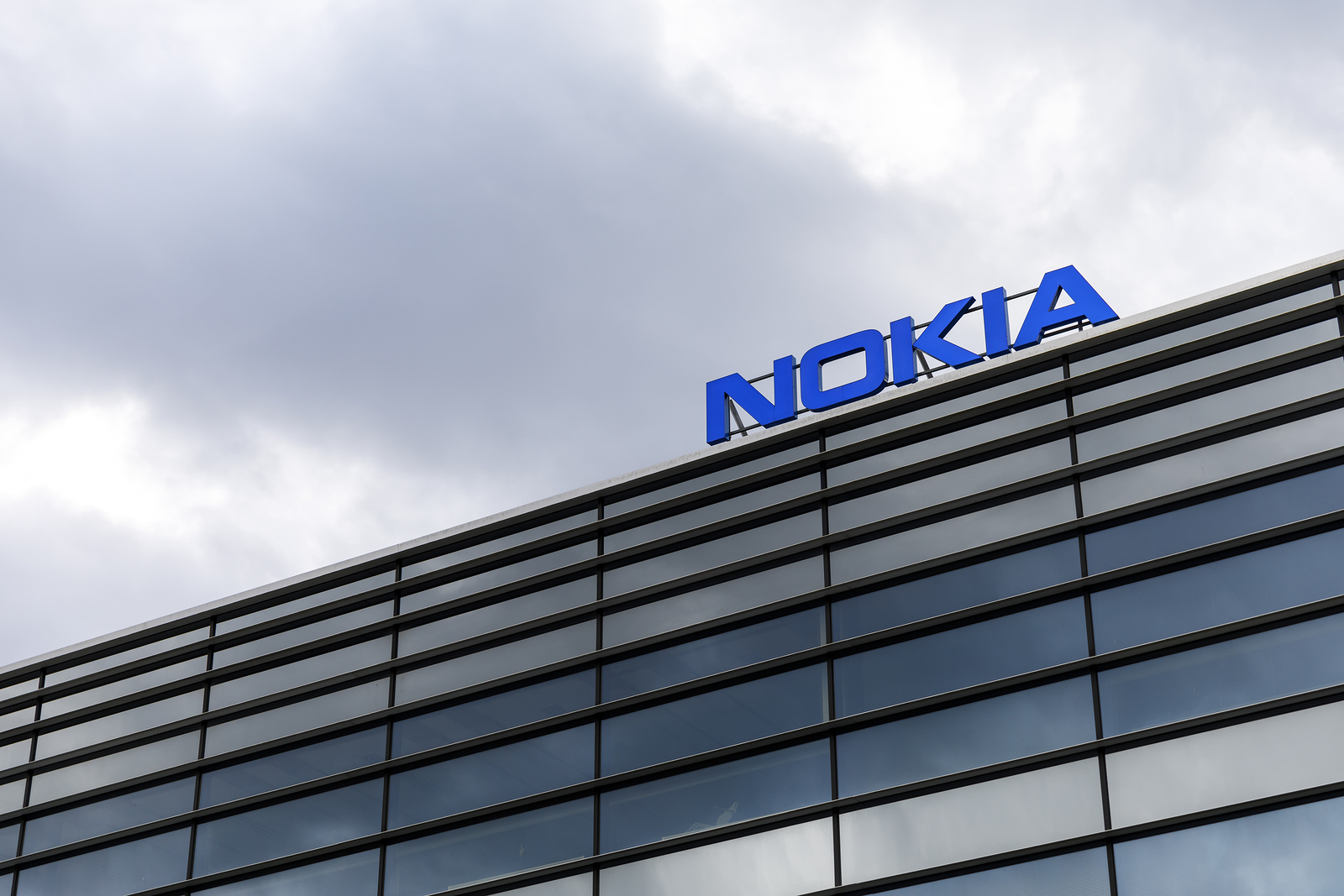
Nokia plans to axe 310 jobs from its technologies unit and halt production of its virtual reality hardware, citing slower than expected growth in the industry.
The Nokia Technologies unit, which employs around 1,090 people and has been responsible for the development of Nokia's VR camera "OZO", will instead redirect efforts towards digital health, according to a statement today.
The job cuts are expected to affect teams in the UK, Finland, and the US. As part of that process, Nokia has invited employee representatives from Finland to appear at "cooperation negotiations".
"In digital media, the slower-than-expected development of the VR market means that Nokia Technologies plans to reduce investments and focus more on technology licensing opportunities," the company said in a statement. "The unit aims to halt development of furth versions of the OZO VR camera and hardware, while maintaining commitments to existing customers."
The OZO camera was to be used in the creation of 3D movies and games, which could then be loaded onto virtual reality headsets.
Nokia's development into VR camera hardware was only launched last year, as the company attempted to create future growth opportunities beyond its bread and butter network and telecoms business. It was also the company's first new hardware product since selling its mobile business to Microsoft in 2013, although its brand has since been revived for future devices through a licensing deal with HMD.
Nokia's push into the digital health market will be supported by its acquisition of Withings, a French developer of wearable health devices, bought for $190 million earlier this year.
Get the ITPro daily newsletter
Sign up today and you will receive a free copy of our Future Focus 2025 report - the leading guidance on AI, cybersecurity and other IT challenges as per 700+ senior executives
"Nokia Technologies is at a point where, with the right focus and investments, we can meaningfully grow our footprint in the digital health market, and we must seize that opportunity," said president Gregory Lee.
"While necessary, the changes will also affect our employees, and as a responsible company we are committed to providing the needed support to those affected."
Microsoft, which paid 4.6 billion for Nokia's phone business, only this week announced that it would be finally ditching its Windows Phone/Windows 10 Mobile platform, which never quite took off among consumers and struggled to attain a significant market share.
Image: Bigstock
Dale Walker is a contributor specializing in cybersecurity, data protection, and IT regulations. He was the former managing editor at ITPro, as well as its sibling sites CloudPro and ChannelPro. He spent a number of years reporting for ITPro from numerous domestic and international events, including IBM, Red Hat, Google, and has been a regular reporter for Microsoft's various yearly showcases, including Ignite.
-
 Bigger salaries, more burnout: Is the CISO role in crisis?
Bigger salaries, more burnout: Is the CISO role in crisis?In-depth CISOs are more stressed than ever before – but why is this and what can be done?
By Kate O'Flaherty Published
-
 Cheap cyber crime kits can be bought on the dark web for less than $25
Cheap cyber crime kits can be bought on the dark web for less than $25News Research from NordVPN shows phishing kits are now widely available on the dark web and via messaging apps like Telegram, and are often selling for less than $25.
By Emma Woollacott Published
-
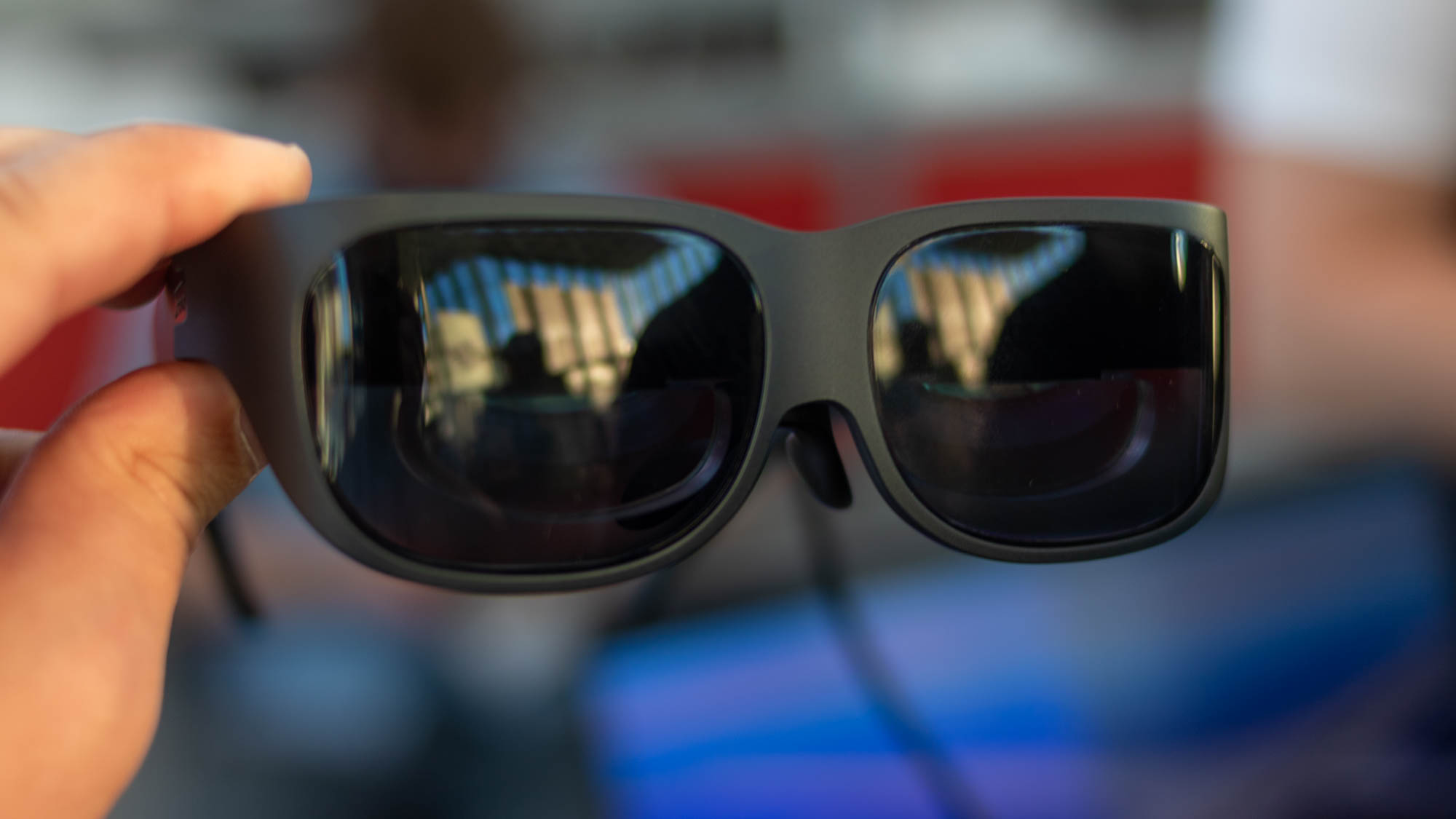 Has Lenovo found the ultimate business use case for smart glasses?
Has Lenovo found the ultimate business use case for smart glasses?Opinion Lenovo’s T1 smart glasses offer a virtual desktop that only you can see
By Bobby Hellard Published
-
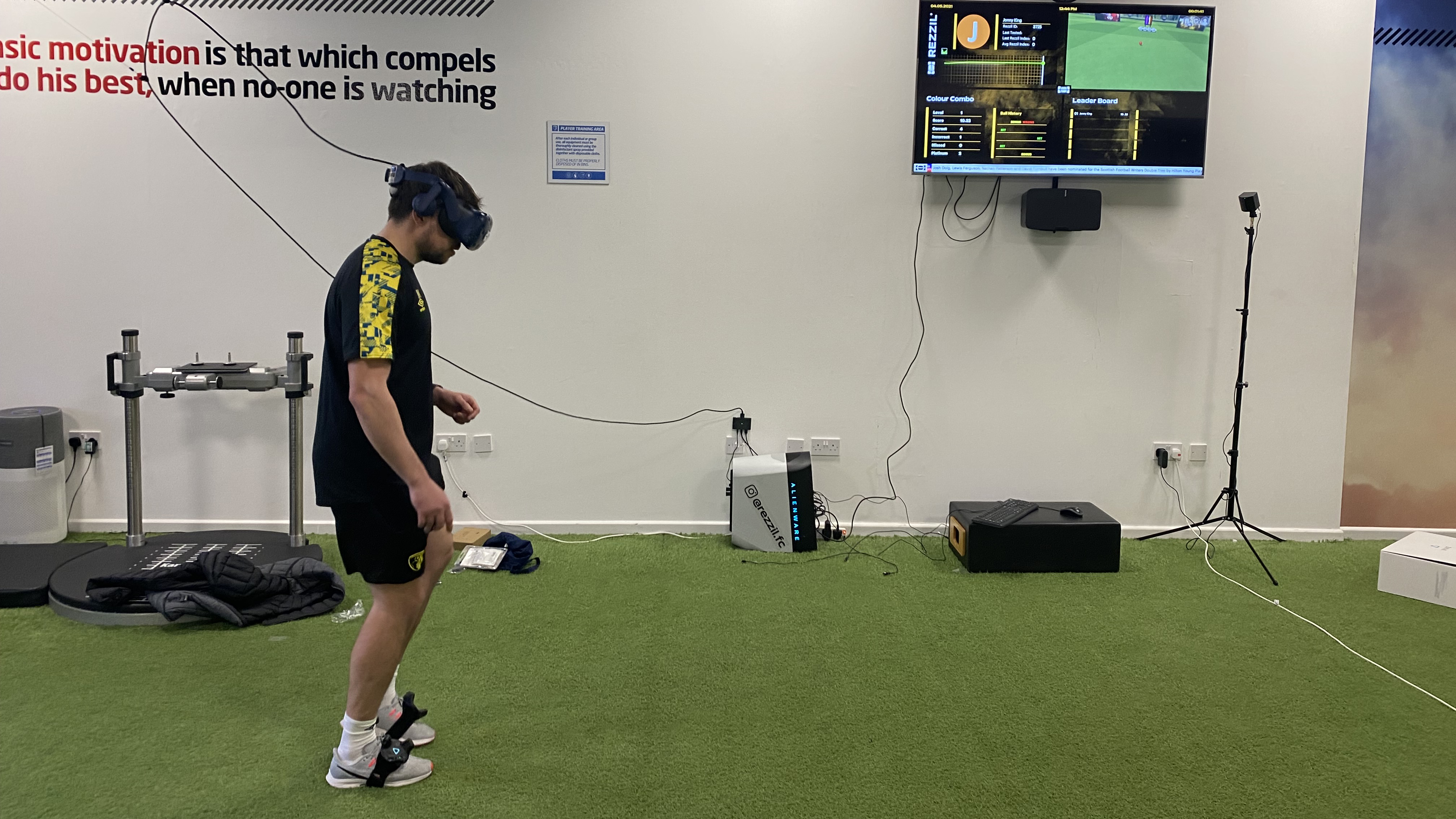 Virtual striker: Using VR to train Premier League stars
Virtual striker: Using VR to train Premier League starsCase Studies How one company is taking VR out of the boardroom and into the locker room
By Adam Shepherd Published
-
 NeuPath and Cynergi will bring VR therapy to chronic pain management
NeuPath and Cynergi will bring VR therapy to chronic pain managementNews NeuPath will integrate Cynergi’s VR program with its remote pain management platform
By Praharsha Anand Published
-
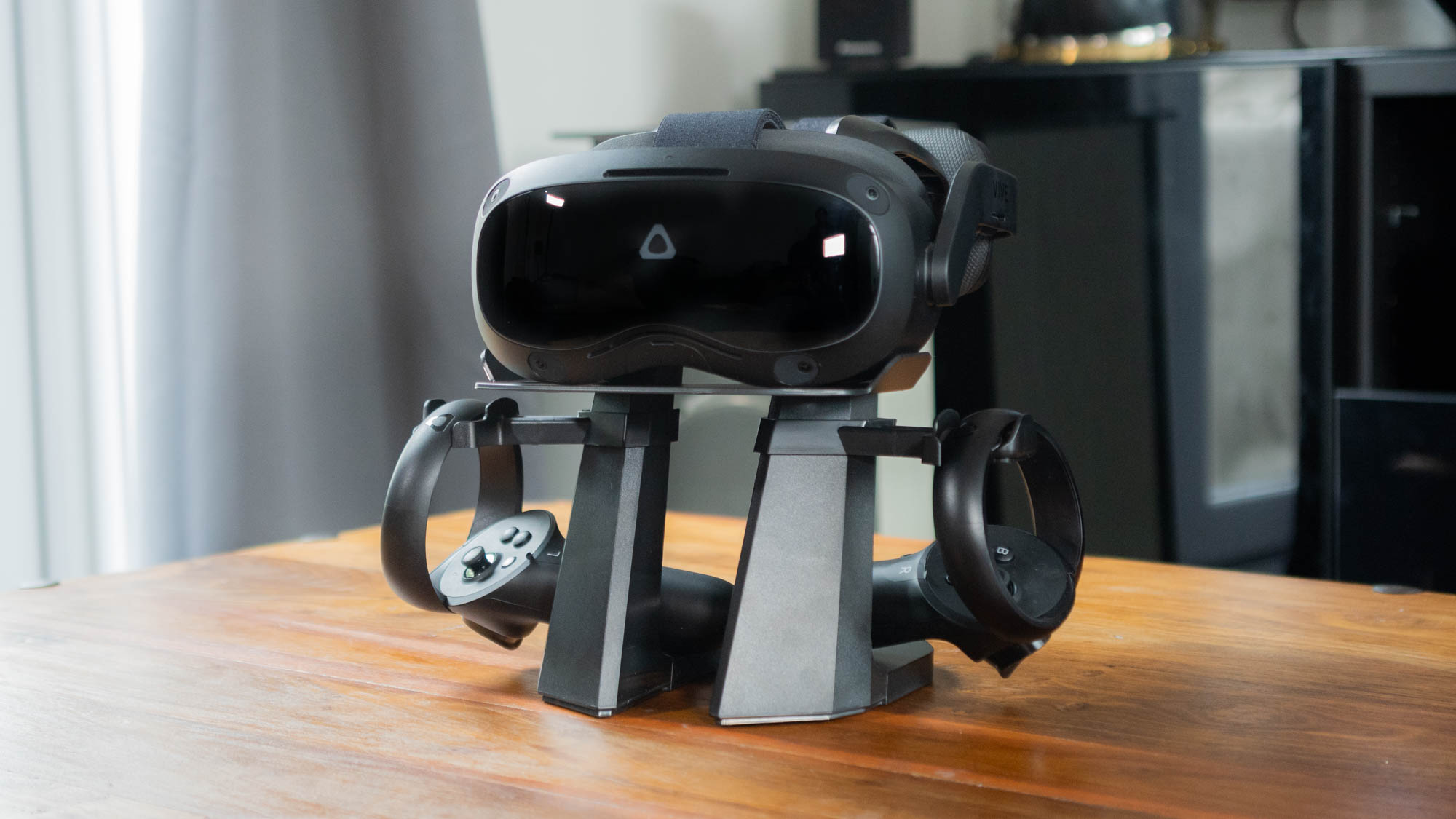
 HTC Vive Focus 3 review: The future of VR is here
HTC Vive Focus 3 review: The future of VR is hereReviews This smart and stylish headset is a leap forward for the technology
By Adam Shepherd Published
-
 The IT Pro Podcast: Can VR unite the hybrid workplace?
The IT Pro Podcast: Can VR unite the hybrid workplace?IT Pro Podcast How one company is using virtual reality to bring its staff together
By IT Pro Published
-
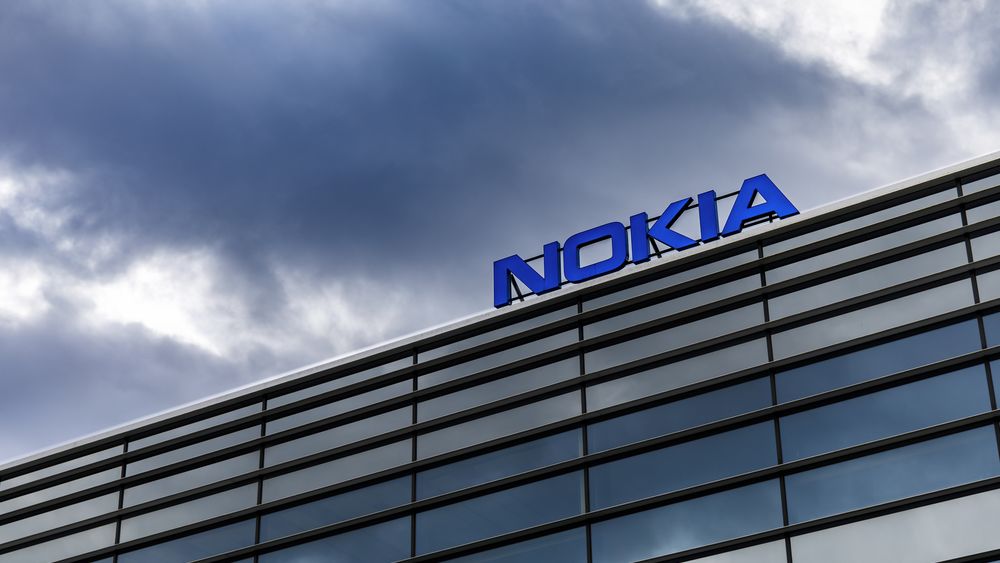 Nokia unveils the world’s first telecom AI library
Nokia unveils the world’s first telecom AI libraryNews The library features AI use cases for optimizing network speed, performance, and scalability
By Praharsha Anand Published
-
 HTC launches new business-focused VR headsets
HTC launches new business-focused VR headsetsNews Vive Pro 2 and Vive Focus 3 include 5K resolution, larger field of view, and business management tools
By Adam Shepherd Published
-
 Nokia's Digital Automation Cloud will power WEG's Industry 4.0 project
Nokia's Digital Automation Cloud will power WEG's Industry 4.0 projectNews WEG's automated factory in Brazil will serve as a real-world production setting for the project
By Praharsha Anand Published